The Ministry proposed that the Government implement a project to collect and analyze DNA samples of martyrs' relatives to identify the martyrs' remains.
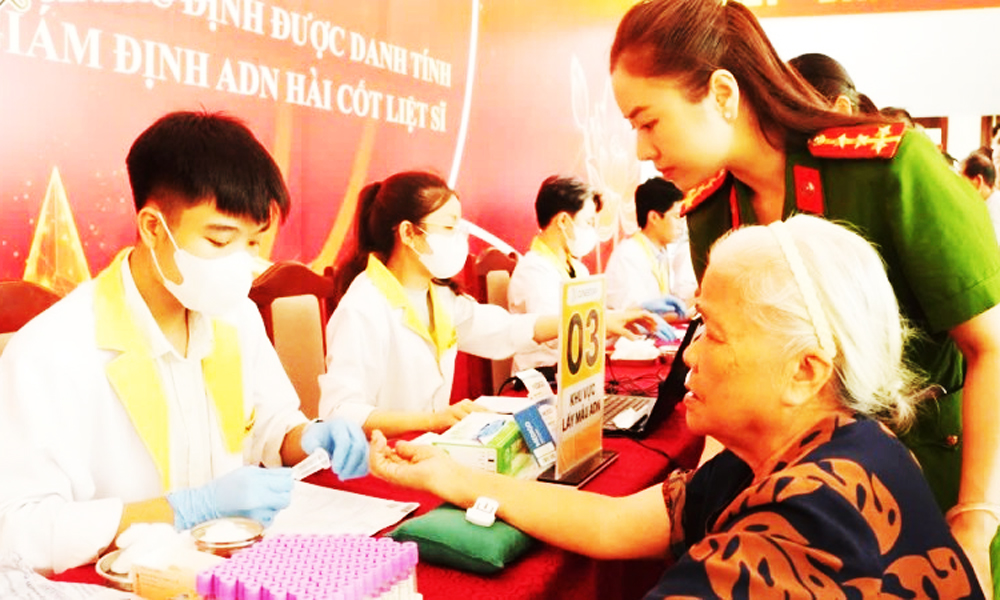 |
The Department of Administrative Police for Social Order coordinated with Lam Dong Provincial Police to collect DNA samples for relatives of unidentified martyrs in the area. |
The Ministry of Public Security issued Plan No. 356/KHBCA-C06 on collecting DNA samples from relatives of unidentified martyrs, to be implemented from July 2024. With the spirit of "Not leaving any sample behind, not mistaking any relative; acting urgently but absolutely accurately, respecting relatives and honor of martyrs", the Department of Administrative Police for Social Order together with the police of provinces and cities determined that this is not only a professional task but also a political-social responsibility, demonstrating the morality of drinking water, remembering its source and deep gratitude to the Heroes and Martyrs.
The report at the conference reviewing one year of implementing Plan No. 356 stated: After one year of implementation with close coordination between the Public Security, Military, and Internal Affairs forces, localities have updated and standardized more than 300,000 information on unidentified martyrs and their relatives, reaching 42.3% of the total information that needs to be collected.
The Ministry of Public Security collected more than 20,900 DNA samples of Vietnamese Heroic Mothers and relatives of martyrs; coordinated with the Ministry of National Defense, the Ministry of Home Affairs, and relevant agencies and units to analyze more than 11,000 DNA samples of relatives, updated nearly 9,200 records into the Identity Database; coordinated with the Department of Meritorious People to review and complete records to identify 16 martyrs through DNA matching.
This is the initial result, the motivation for the Ministry of Public Security to continue to coordinate with units to build and expand the Gene (DNA) bank of relatives of unidentified martyrs, returning the names to Heroes and martyrs.
During the implementation process, the police in many localities promoted their exemplary role as pioneers, main force, and core force, with many creative and flexible ways of advising local Party committees and authorities to direct and mobilize departments, branches, and organizations to participate in supporting and mobilizing businesses and individuals to support and accompany in providing funding in the process of collecting and implementing Gene sequencing to put into the Gene bank of martyrs' relatives, typically Ha Nam (old), Ninh Binh, Thanh Hoa, Thai Binh (old), Hanoi...
In Ha Nam province (old), there are nearly 17,600 martyrs, of which more than 9,200 martyrs have not been identified. With the highest political determination, the locality set a goal of completing the collection of more than 7,000 samples before April 30, 2025. The provincial police arranged 45 sample collection points in localities; organized transportation, arranged thoughtfully and scientifically. For cases of the elderly and lonely, the mobile working group went to their homes to collect samples.
In Thanh Hoa, the province has more than 37,000 unidentified martyrs, of which more than 10,000 martyrs have no relatives to collect samples from. However, there are still more than 36,000 relatives of about 27,000 martyrs who are eligible to provide DNA samples for identification. The key campaign is divided into 2 phases.
In phase 1, Thanh Hoa led the country with 933 DNA samples collected. Phase 2, deployed on a large scale with 25 working groups and 120 DNA sample collection stations activated simultaneously, reaching each family and each village, collecting nearly 36,500 DNA samples, exceeding the initial target by nearly 1,000 samples. As a result, three martyrs were identified, bringing joy and comfort to the families after decades of waiting.
Speaking at the conference on the collection of DNA samples from relatives of unidentified martyrs and the announcement of the results of DNA testing of martyrs' remains, Party Central Committee member and Thanh Hoa Provincial Party Secretary Nguyen Doan Anh emphasized: The campaign is not only a bright spot in the work of identifying martyrs by DNA, but also a model of how to mobilize the combined strength of the government, police force, science and technology to the people to serve the noble and sacred mission.
Although relying on the State budget, the program is marked by the cooperation of the whole society with a total mobilized social resources of up to 39.4 billion VND, equivalent to more than 17,500 DNA test samples. In particular, many localities proactively mobilized social resources to support funding such as Ha Nam (old), Thanh Hoa, Ninh Binh.
Ha Nam Province (old) is a typical bright spot of this sacred and meaningful journey. Typically, Ha Nam Province Police (old) mobilized nearly 18 billion VND from the support of 20 businesses and officers and soldiers, enough to analyze DNA for 100% of the martyrs' relatives in the area.
Director of the Department of Administrative Management of Social Order, Major General Vu Van Tan said: Plan No. 356/KHBCA-C06 is not only the task of the police force alone, but also the effective coordination between ministries, sectors, localities and businesses, and the participation of the whole society. However, this journey still faces many challenges.
Delays in issuing task assignment plans have caused confusion in coordination. Some localities are still lacking initiative, and the technical infrastructure for DNA data matching is not yet complete, slowing down the process of returning results. Many samples have been analyzed but not yet paid for due to financial mechanism problems.
This not only affects the implementation progress, but also puts great pressure on the implementing units, and affects the legitimate rights of martyrs' relatives. In this situation, the Ministry of Public Security recommends that the Ministry of Home Affairs soon complete the plan, promote the sharing of DNA data to create a unified and transparent data ecosystem; at the same time, request the Ministry of Finance to arrange funds for timely disbursement, maintain the progress and quality of the program.
In the coming time, the Ministry of Public Security will continue to coordinate with units and localities, increase the application of digital technology, maximize the exploitation of population data, connect biological data, genetic engineering... accelerate efforts to basically create and collect complete information of all unidentified martyrs by 2027, collect and analyze DNA samples for relatives of martyrs who are eligible to integrate into the gene bank.
Build an integrated data system; closely connect the Ministry of National Defense, the Ministry of Home Affairs, and local People's Committees, creating a synchronous and effective coordination network. The Ministry of National Defense closely coordinates with the Ministry of Public Security, directing search teams to collect and connect information...
Source: https://baobacninhtv.vn/hanh-trinh-thieng-lieng-y-nghia-postid424586.bbg




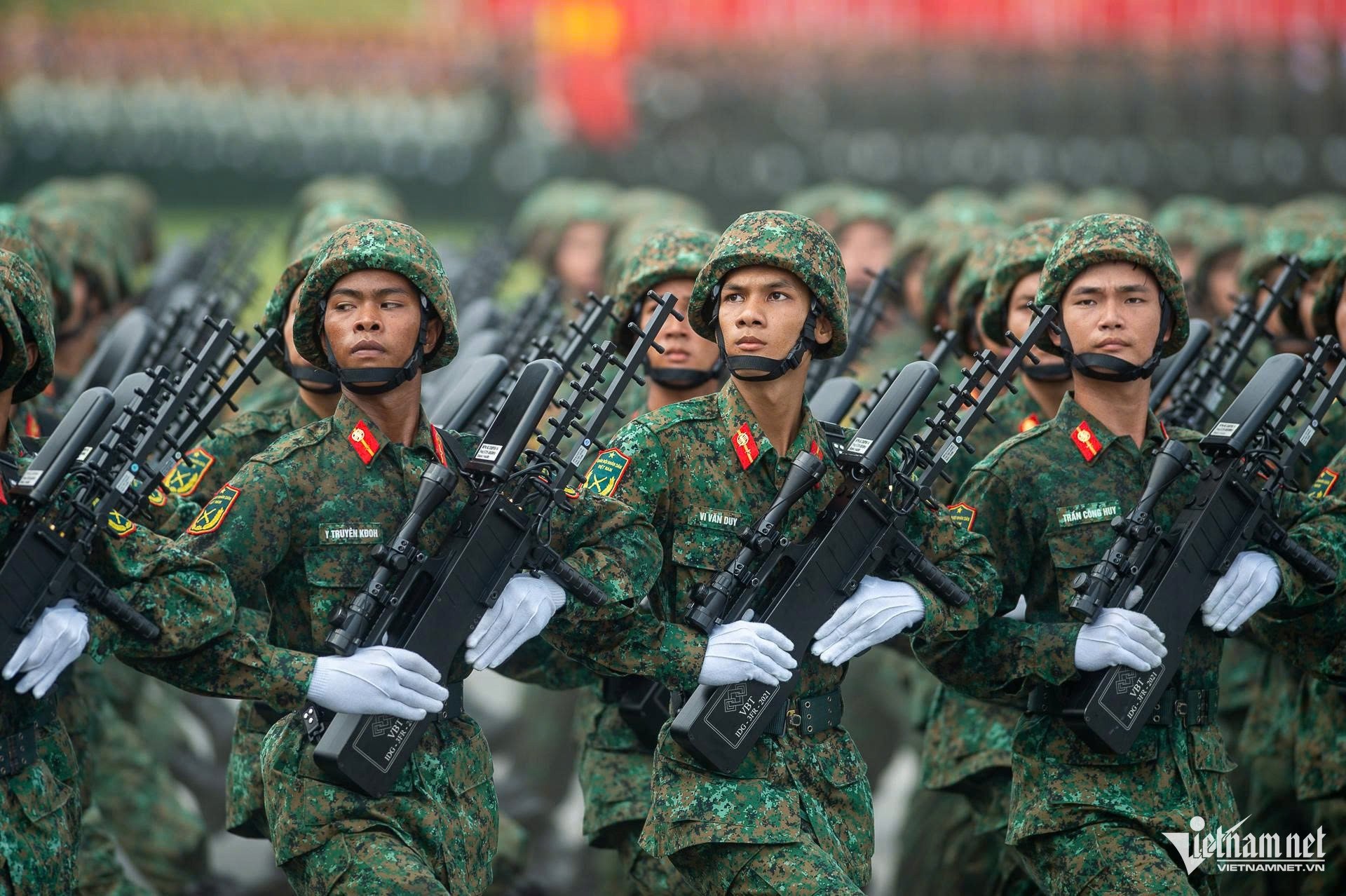


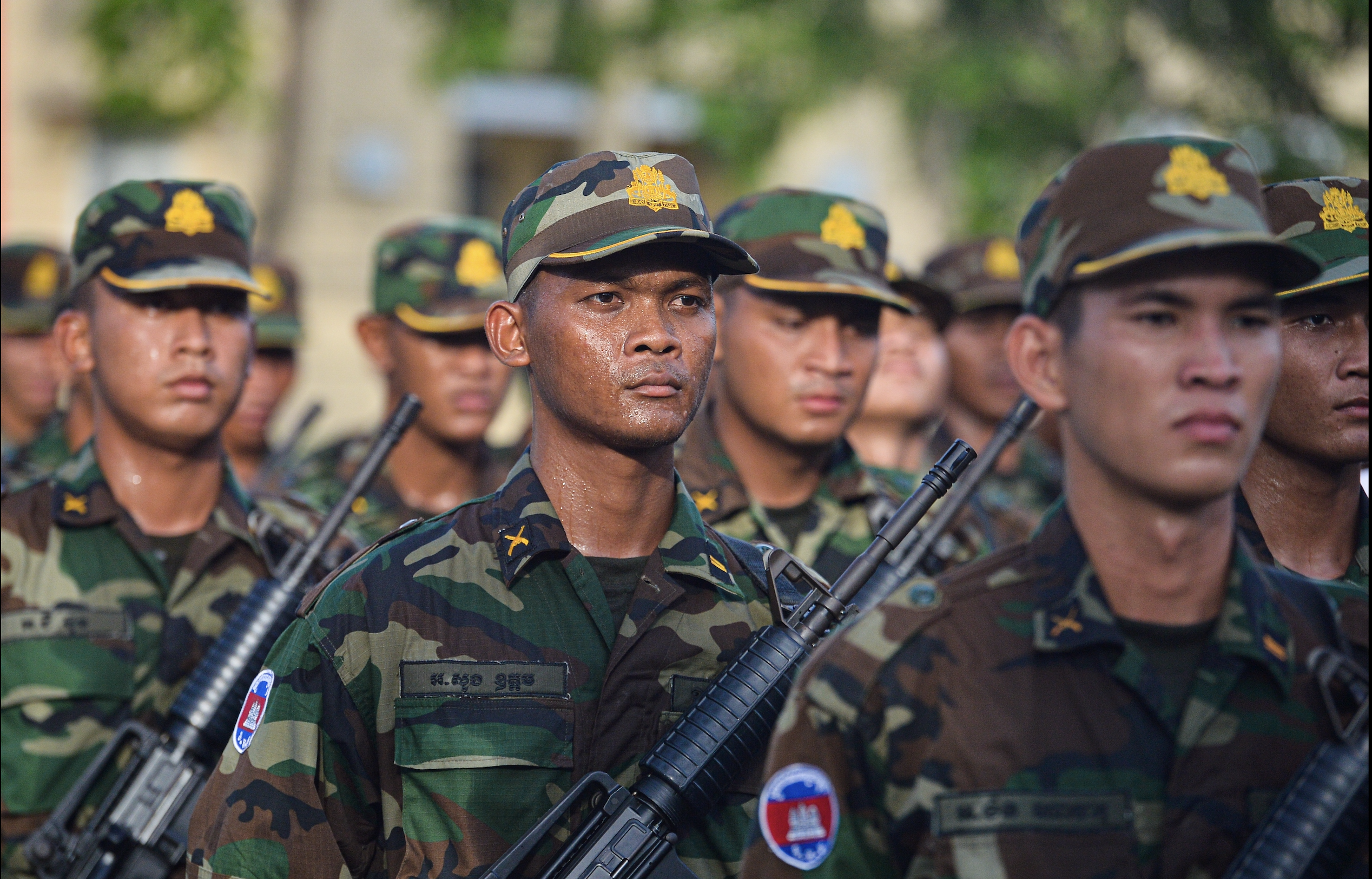




![[Photo] President Luong Cuong attends special political-artistic television show "Golden Opportunity"](https://vstatic.vietnam.vn/vietnam/resource/IMAGE/2025/8/22/44ca13c28fa7476796f9aa3618ff74c4)





































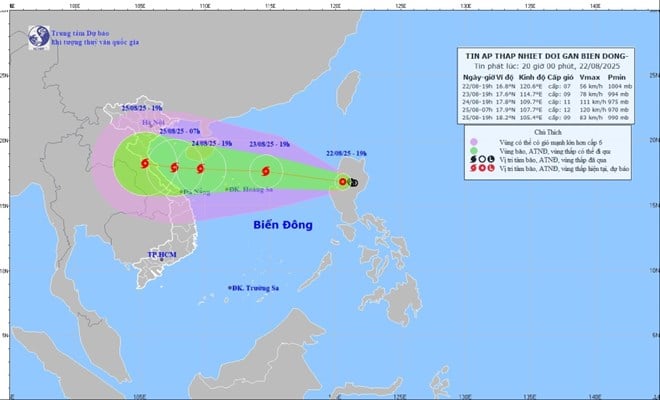

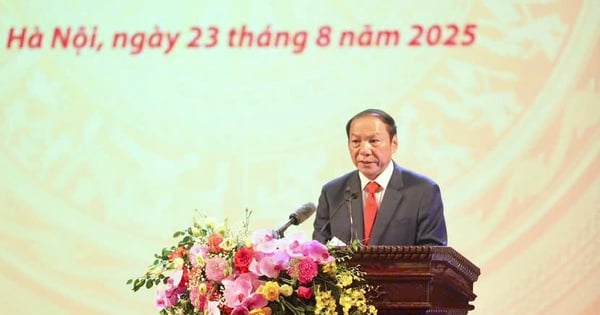


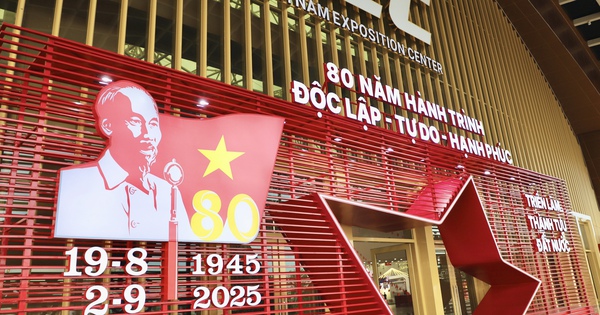
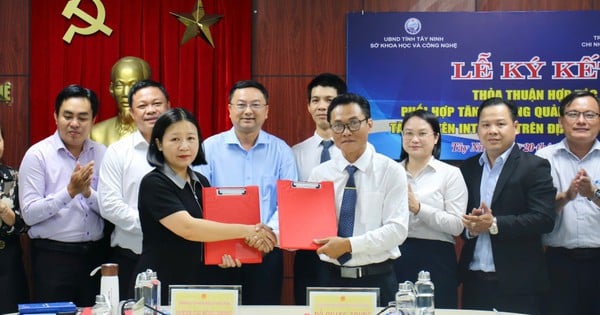

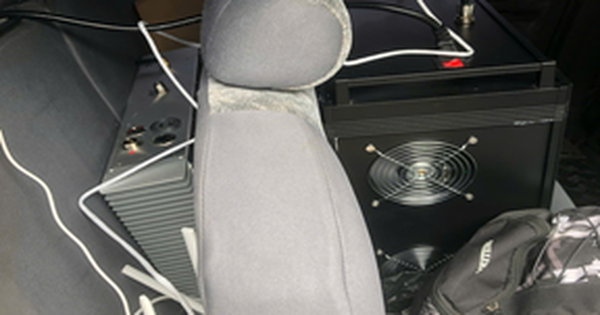
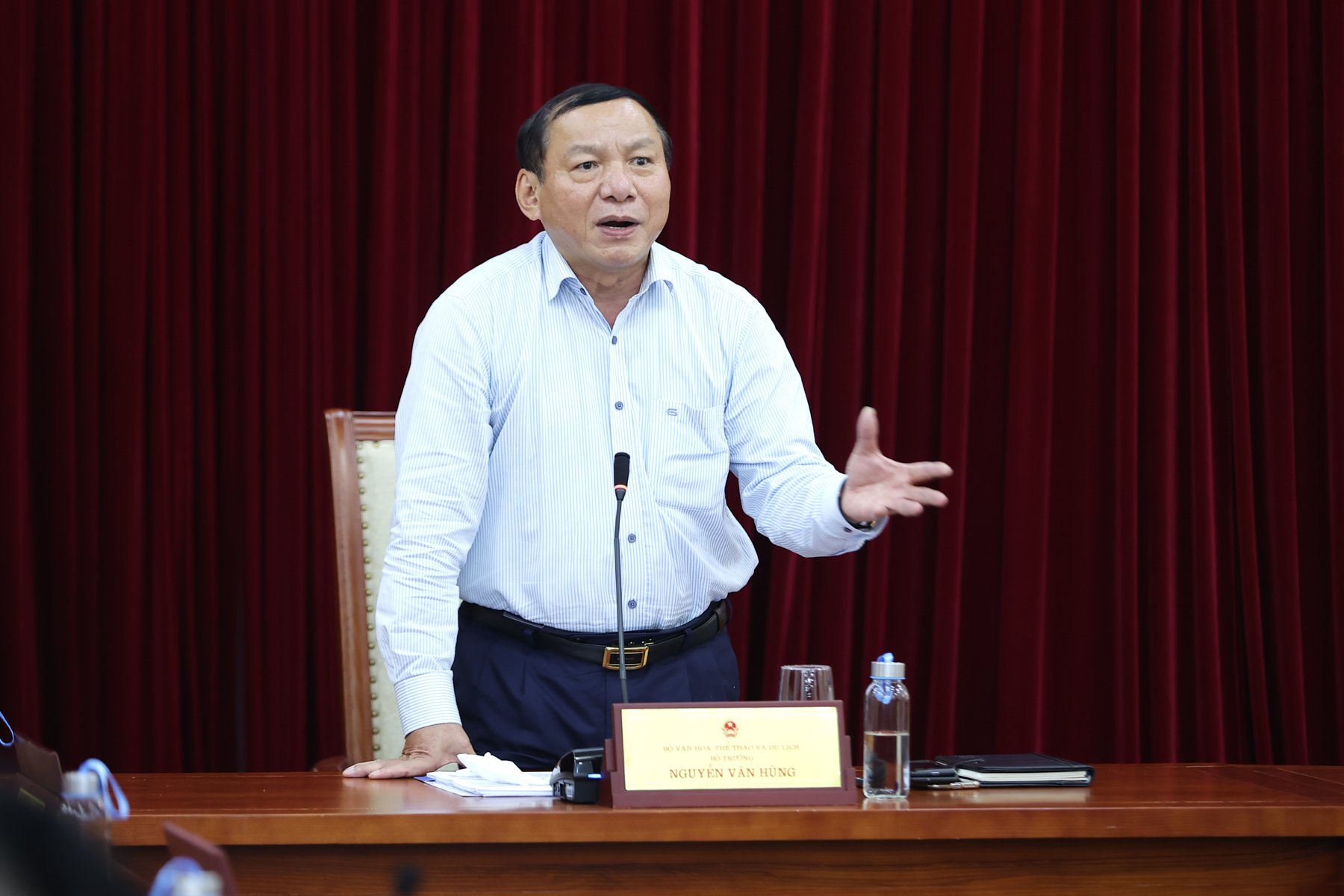
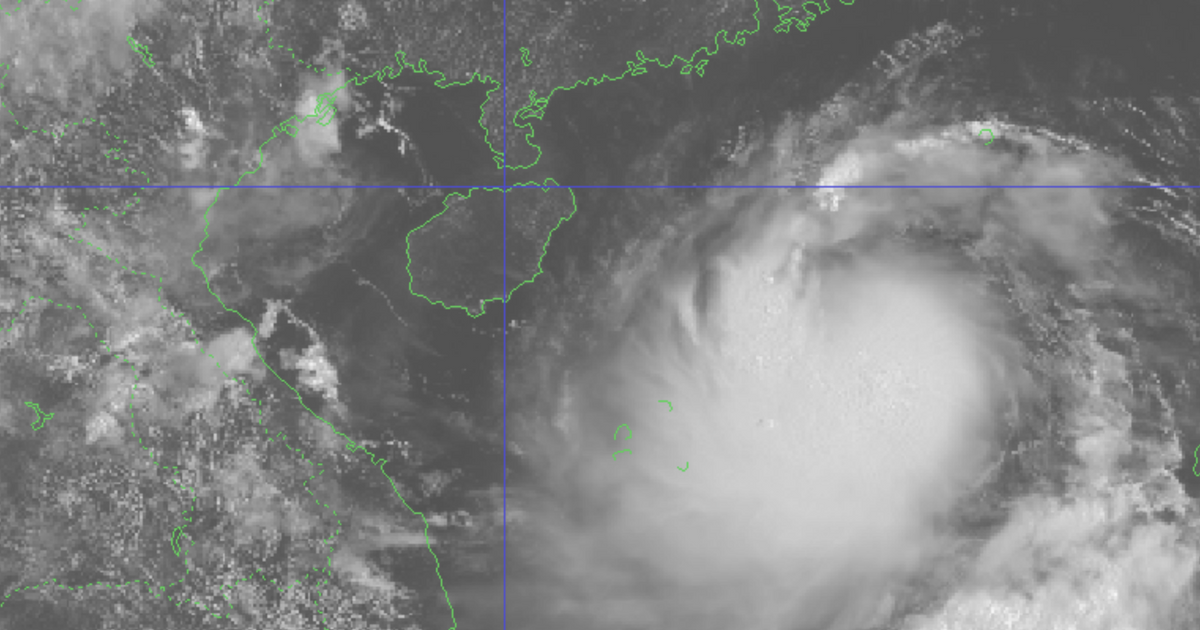



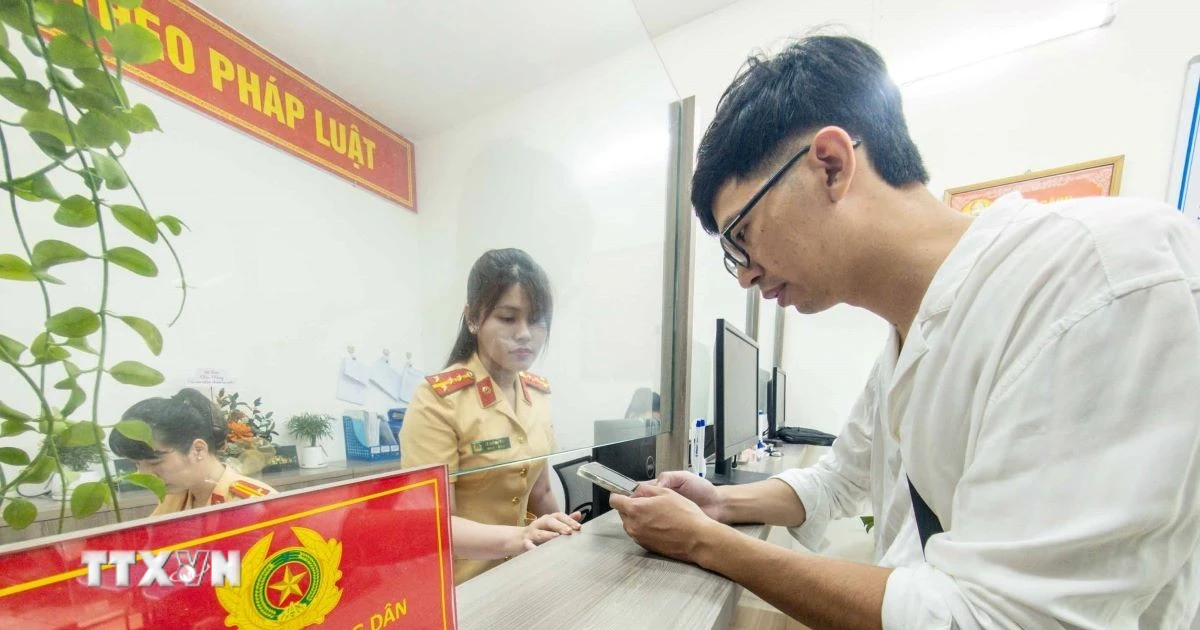








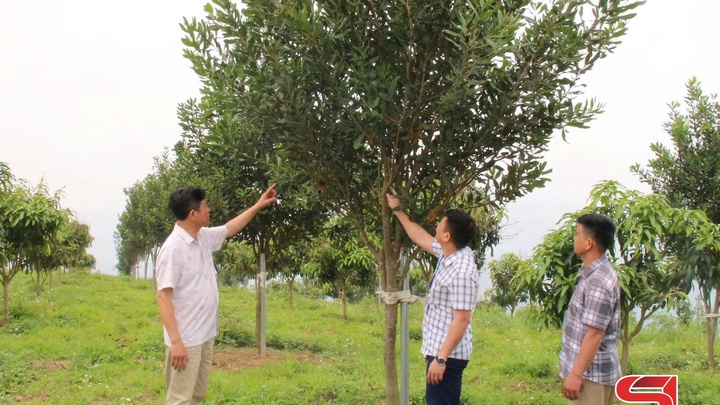










Comment (0)